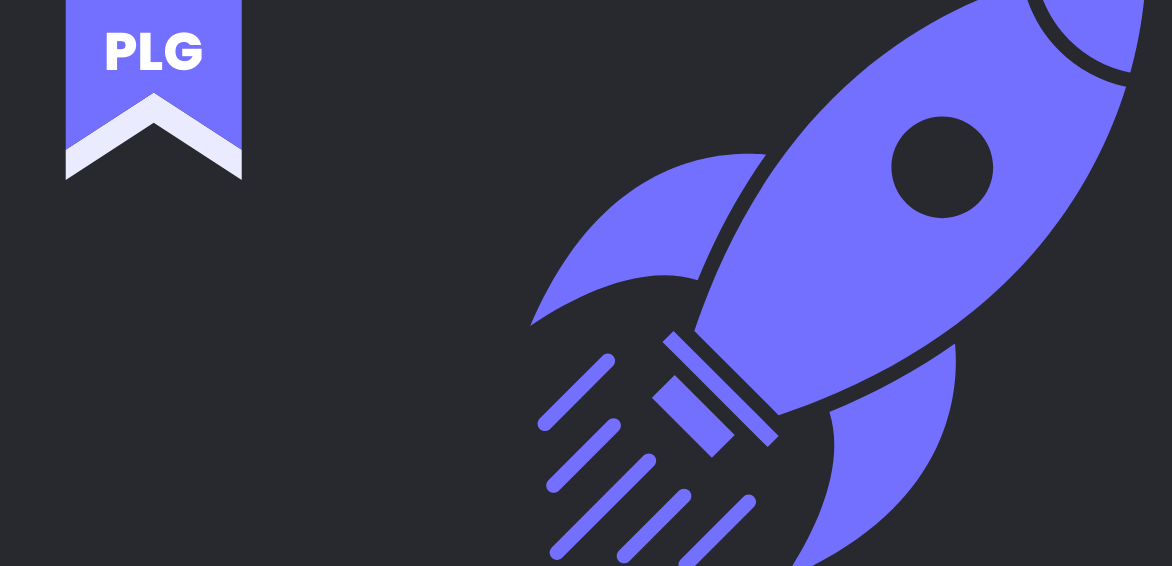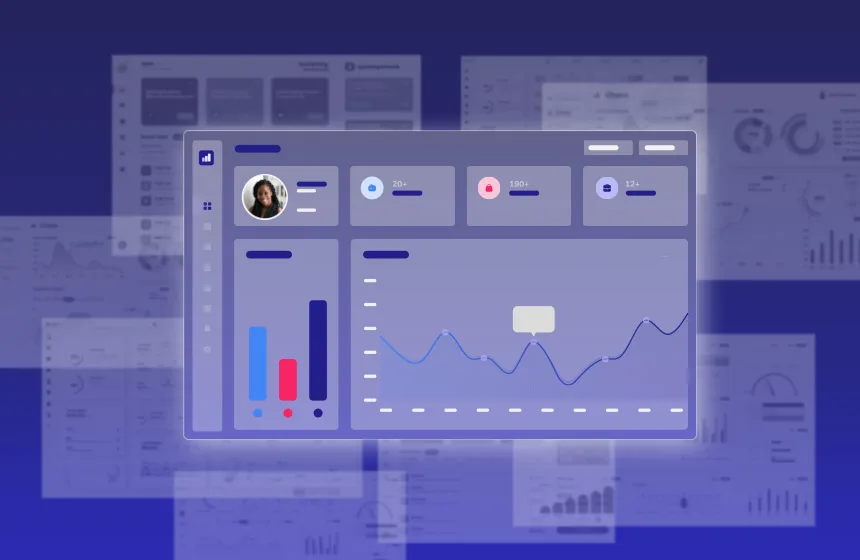PLG Model: It’s More Than Just Freemium Now

April 22, 2025
Table of Contents
Get comfy; I’m going to tell you a scary story.
In 2021 Software as a Service (SaaS) companies saw a 46% drop in revenues. (I warned you this story would be frightening.)
For a while, everything seemed ok. More than ok, actually.
SaaS revenues had increased by 78% in 2020, according to The Outliers: State of SaaS Growth survey commissioned by Paddle. By the year’s end, the SaaS market was worth an estimated $145B.
Then 2021 came along and cut those revenues nearly in half.
Like any good story, this one has a twist. It turns out that not every SaaS company took a loss in 2021. Some embraced a Product-Led Growth (PLG) model and stayed on top. Paddle’s survey also found that SaaS companies with a Product-Led Growth motion grew 7% more in 2021 than those that didn’t.
At the same time, those with a purely Sales-Led Growth (SLG) model—where the sales team acts as the main driver for growth—grew 8% less. Buyers are telling us that they want a product experience, not a sales experience, when purchasing SaaS products.
I want to point out that the survey didn’t state that SaaS companies with a “freemium” model grew 7%; it said product-led companies. There’s a reason for this.
In 2021, demo creation platforms like Reprise made it possible for all SaaS companies, not just those with the ability to offer a freemium version of their product, to lead with their product and drive revenue with product experiences. That’s what really changed in 2021.
Companies that couldn’t offer freemium versions of their product before—such as companies with complex products or heavily focused on privacy and security—now found the PLG gate unlocked.
Code-free demo creation platforms could capture and replicate immersive product experiences for any kind of software. As a result, product experiences no longer had to be isolated to only one or two stages of the buyer’s journey. They could be shared at any point in the sales funnel. Everyone was now welcome to join the party, anywhere at any time.
It didn’t matter if the software was technical and complex. It didn’t matter if the product had complicated pricing structures with no freemium model. It didn’t matter if sales and marketing teams couldn’t code a custom demo, or if the engineering team lacked bandwidth and resources. It just didn’t matter anymore. There were now PLG solutions like Reprise that overcame all of these obstacles.
In 2021, freemium products stopped acting as PLG’s gatekeeper. SaaS companies were no longer exclusively reliant on a freemium model to execute PLG, and more of them embraced it as a result.
Know what else? PLG is going to keep leading revenue gains.
Venture Capital firm Openview looked at the finances of 21 public SaaS companies, all of whom had adopted a product-led approach. The median 2020 revenues of these product-led companies were $884M, compared to the $443M in median revenues that SaaS companies experienced overall.
With demo creation platforms like Reprise leading the charge of democratizing PLG—what do you think those numbers will look like in 2022 and 2023?
More and more SaaS companies will realize that offering a freemium version of their product is not the only way to be product-led. They’ll discover that their complex offerings, integration requirements, and technical knowledge are no longer a barrier to PLG.
And the result? We’re going to see PLG take over the world of SaaS.
Hey – at least the scary story has a happy ending, right?
The End.





